5 Unexpected Spice Pairings That Will Transform Your Slow Oven Ribs Game
Introduction: The Art of Slow-Oven Ribs and the Power of Spices
If you’ve ever pulled a rack of slow oven ribs from your oven, slathered in sauce and falling off the bone, you know that moment—when the aroma hits you before the first bite even happens—it’s pure magic. But what if I told you that the secret to next-level ribs isn’t just about the meat or the marinade?
It’s all about the spice blend.
In this blog post, we’re shaking things up with Innovative Spice Pairings for slow oven ribs. Whether you're a seasoned pitmaster or a weekend warrior in your kitchen, these combos will take your ribs from “meh” to “Mmm-ahazinga!” in no time.
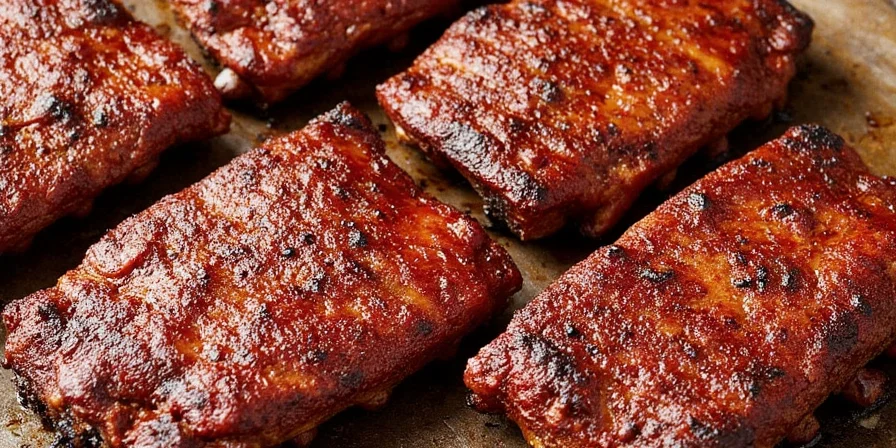
The Science (and Sass) Behind Spice Pairing
Before we dive into the list, let’s geek out for a second. Spices aren’t just flavor boosters—they’re chemistry experiments in disguise. Different compounds in spices interact with proteins, fats, and sugars during cooking to create complex flavors and aromas. Some enhance sweetness, others cut through richness, and some just make your taste buds throw a party.
The trick is balance. You don’t want one spice to dominate; you want harmony—like a well-rehearsed band where everyone knows when to play loud and when to lay back.
| Spice | Flavor Profile | Best For |
|---|---|---|
| Smoked Paprika | Earthy, smoky, mild heat | Adding depth without overpowering |
| Cumin | Warm, nutty, earthy | Mexican or Middle Eastern-inspired rubs |
| Sumac | Tangy, citrusy, vibrant | Brightening up rich meats |
| Coriander | Citrusy, floral, slightly sweet | Balancing savory and spicy notes |
| Star Anise | Licorice-like, aromatic, sweet | Asian-inspired dishes and braises |

#1 Smoked Paprika + Cinnamon: Southern Meets Sweet
You might think cinnamon belongs in apple pie or oatmeal, but hear me out—this pairing brings a warm, unexpected depth to your slow oven ribs.
- Why it works: The cinnamon softens the smokiness of paprika while enhancing the natural sugars in the meat.
- Pro tip: Use a 3:1 ratio of smoked paprika to ground cinnamon for best results.
- Bonus flair: Add a pinch of nutmeg to mimic classic BBQ rub profiles.
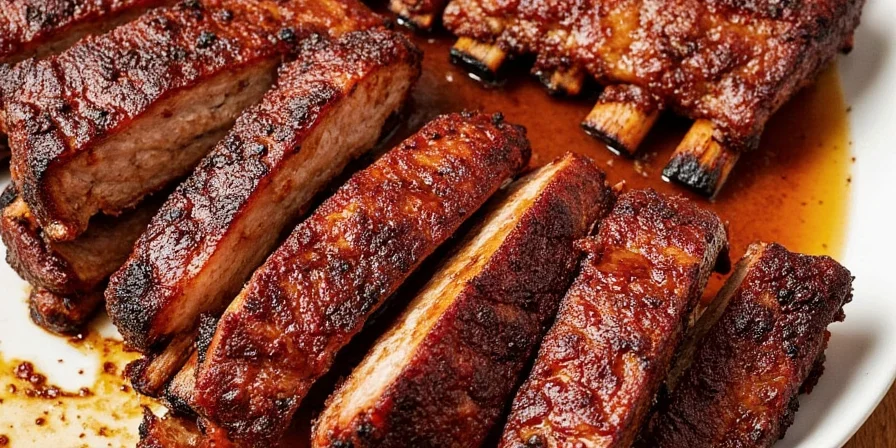
#2 Sumac + Aleppo Pepper: Tangy and Just Right
This combo hails from the Mediterranean, and it's perfect for those who want a little zing without going full fire-breathing dragon.
- Why it works: Sumac’s bright acidity cuts through the richness of the meat, while Aleppo pepper offers a gentle, fruity heat.
- Pro tip: Sprinkle over ribs near the end of cooking to preserve freshness and color.
- Pair it with: A yogurt-based slaw or tzatziki for extra tang.
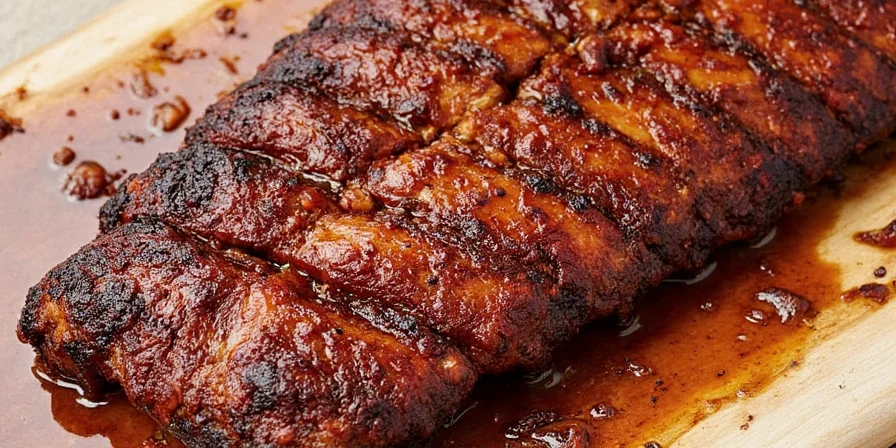
#3 Coriander + Cardamom: East Meets Deep South
If you like your ribs fragrant, aromatic, and a little mysterious, this combo is for you. Think fusion barbecue at its finest.
- Why it works: Coriander’s citrus notes marry beautifully with cardamom’s floral warmth, creating an exotic twist on a Southern classic.
- Pro tip: Toast whole seeds lightly before grinding for maximum aroma.
- Serving suggestion: Serve with mango chutney or coconut-lime slaw.
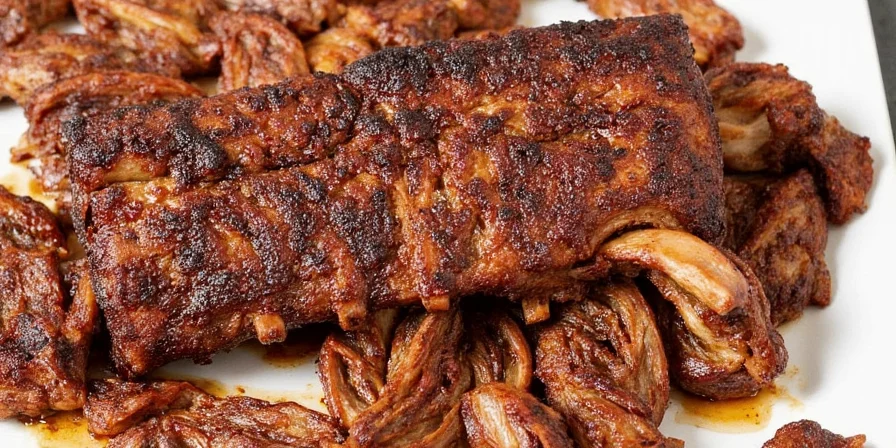
#4 Star Anise + Clove: Sweet, Savory, and Sophisticated
This duo gives your ribs a rich, almost dessert-like complexity. If you love Chinese five-spice, you’ll adore this variation.
- Why it works: Both star anise and clove are powerhouses of flavor—sweet, warm, and deeply aromatic. They add a luxurious edge to slow-cooked ribs.
- Pro tip: Use sparingly—these spices can easily overwhelm if overused.
- Perfect partner: Hoisin glaze or plum sauce for dipping.
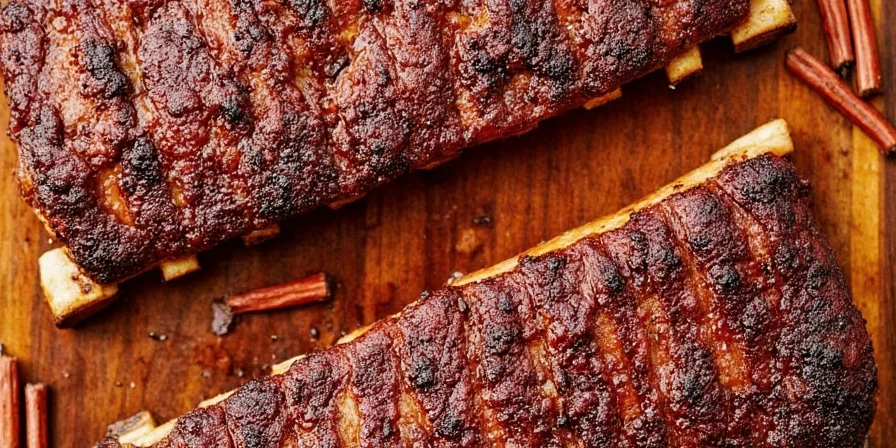
#5 Coffee + Cocoa Powder: Dark, Rich, and Decadent
Coffee and cocoa? In a rib rub? Oh yes. This bold combo adds a roasted, bittersweet note that makes your ribs taste like they were smoked for 12 hours—even in a slow oven.
- Why it works: Both ingredients contribute deep umami and bitterness that balances the fat in the meat.
- Pro tip: Use finely ground espresso for better adhesion and stronger flavor.
- Try this: Brush with a coffee-infused BBQ sauce halfway through baking.
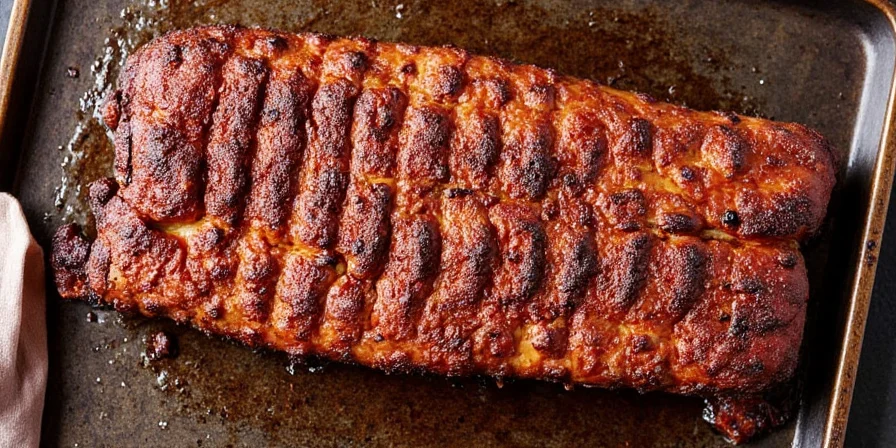
Final Tips: How to Apply These Spice Blends Like a Pro
- Prep your ribs properly: Trim excess fat, rinse and pat dry, and apply a light coat of olive oil or mustard to help the rub stick.
- Don’t skip the resting period: Let the seasoned ribs sit in the fridge for at least 1 hour—overnight is ideal—to allow flavors to penetrate the meat.
- Use foil wisely: Wrap ribs in foil two-thirds of the way through cooking to retain moisture without sacrificing texture.
- Layer the flavor: Apply another light dusting of your spice blend after removing from foil for a more intense crust.
- Keep the heat low: Bake at 275°F (135°C) for 3–4 hours for fall-off-the-bone tenderness.
Conclusion: Elevate Your Slow Oven Ribs With Flavor Chemistry
Gone are the days of relying on the same-old rub. With these Innovative Spice Pairings, your slow oven ribs will be anything but boring. Whether you lean toward the tangy zest of sumac and Aleppo pepper or the sultry embrace of coffee and cocoa, there’s a combo here that’ll suit your palate—and probably surprise a few guests too.
So go ahead, grab your spice jars like they’re your superhero belt, and turn those humble racks of ribs into something unforgettable.
After all, great ribs start not in the oven—but in the spice drawer.
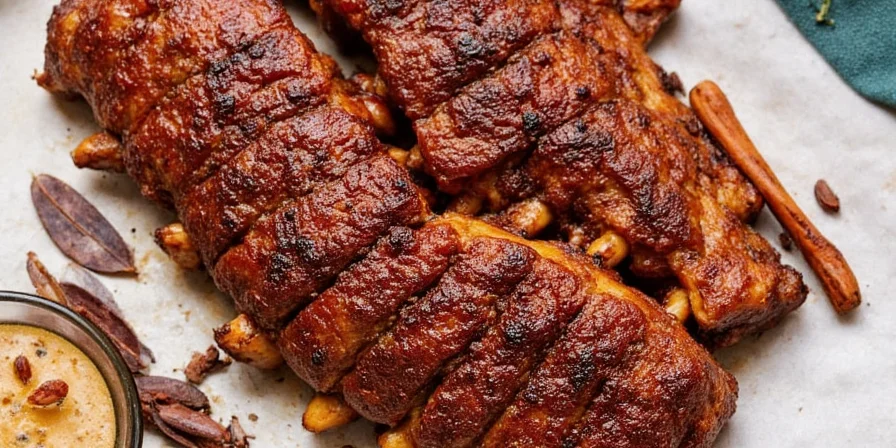

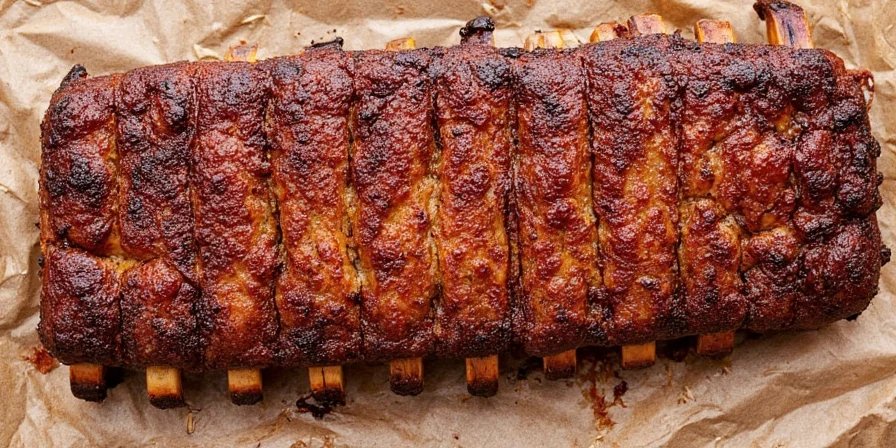









 浙公网安备
33010002000092号
浙公网安备
33010002000092号 浙B2-20120091-4
浙B2-20120091-4